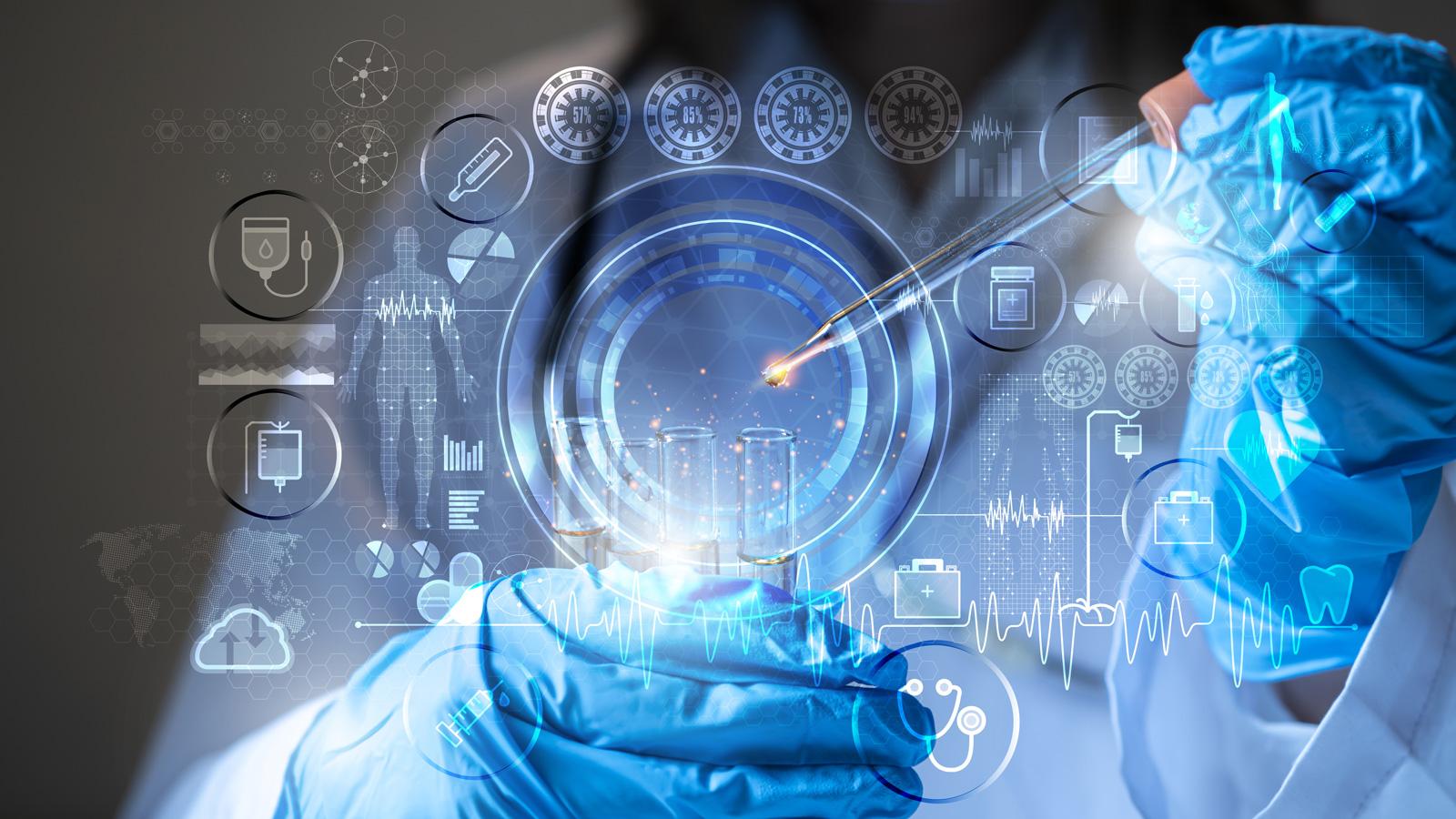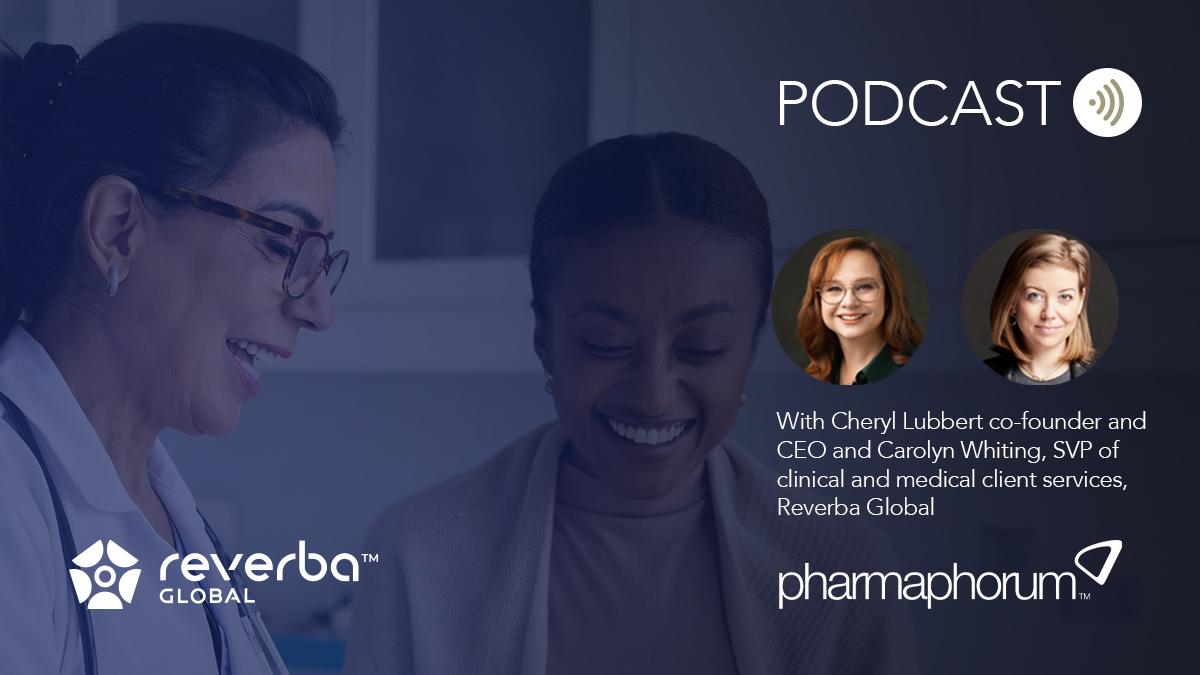Life sciences marketing ahead: Unveiling the role of AI-powered innovations in HCP engagement

The life sciences, just like any other industry, has been undergoing a paradigm shift, owing to rising digital adoption in the past few years. In contrast to previous eras, where healthcare marketers relied heavily on tailored, in-the-moment interactions between sales representatives and healthcare professionals, the COVID-19 pandemic marked a dramatic reversal and unleashed a digital rush that transformed conventional marketing campaigns and enabled the global healthcare sector to provide better care and effectively engage its target audiences.
Even while this change happened gradually, it gave life sciences marketers the opportunity to adapt their traditional methods to target HCPs more precisely and become well-versed in the diverse capabilities of the digital space.
With the rise of artificial intelligence (AI) adoption, the healthcare industry is now examining and recognising how the convergence of this tech and life sciences marketing can become a beacon of innovation, ready to redefine strategies, improve targeting, and personalise engagement in ways that have previously been unheard of. As we stand at the start of 2024, let’s look at how the utilisation of AI in life sciences marketing will continue to reshape industry landscape and strategies like never before.
Enhancing customer experience
Personalisation driven by AI will become a major theme in life sciences marketing. With the use of advanced AI algorithms, the year 2024 will witness businesses creating extremely customised and individualised experiences for life sciences marketers, as well as healthcare professionals (HCPs). Recognising trends in consumer behaviour and interactions using sophisticated data analytics, AI will make it possible to provide HCPs with personalised information and services that speak to their needs and preferences. This would enable them to keep track of patient data, assess the effectiveness of treatments, and spot any areas in which patients might require more attention. Life sciences manufacturers, too, will use AI-powered communication systems to enhance data collection, touchpoints, traceability, and real-time insights.
Precision targeting and segmentation
Moving forwards, AI will give life sciences marketers the ability to precisely and accurately target their audiences and improve their strategies extensively. Based on the requirements and specialisation, AI algorithms detect niche audience segments by analysing enormous volumes of data from numerous sources, such as social media, clinical trial data, electronic health records (EHRs), and more. For life sciences manufacturers, this detailed targeting will enable marketers to provide more pertinent and timely information for augmented engagement and conversion rates.
Predicative analytics for crucial business insights
In 2024, AI-powered predictive analytics will play a pivotal role in crafting crucial marketing strategies to attain holistic business outcomes. Machine learning algorithms will become vital in forecasting market trends, customer behaviours, and identifying potential opportunities or challenges, with constant analysis of historical data and real-time information. The year will also see life sciences marketers pull key campaign performance metrics with just a simple click. This proactive approach will enable life sciences manufacturers to make data-driven decisions, optimise resource allocation, and tailor effective marketing campaigns for maximum impact.
Optimising targeted messaging
AI solutions made using Natural Language Processing (NLP) and Natural Language Generation (NLG) are set to revolutionise content creation in life sciences marketing. These tools will assist marketers in generating high-quality, relevant content at scale to engage target audiences efficiently. Be it educational materials for HCP queries or blog posts or interactive resources for tailored brand campaign messaging or information pertaining to a drug, AI-driven content optimisation tools are and will be continuously refining and improving content strategies for better healthcare outcomes.
Chatbots and virtual assistants
The integration of AI-powered chatbots and virtual assistants in life sciences marketing is set to elevate HCP engagement and support. If leveraged efficiently, these intelligent bots can provide instant responses to HCPs queries, offer personalised recommendations, and guide them through Rx drug information or other healthcare resources necessary for a patient’s recovery. Such interactive platforms enhance user experience, facilitate information dissemination, and foster stronger relationships between life sciences marketers and HCPs. Additionally, such virtual assistants will play a pivotal role in the way pharma marketers access and interpret campaign performance data to extract crucial business insights. This will significantly contribute to crafting an effective marketing roadmap, thereby leading to healthy business outcomes and transparent tracking of KPIs in the coming year.
Regulatory compliance and risk mitigation
Before the pandemic, one of the major hurdles in the way of digital adoption among life sciences marketers was regulatory compliance. By leveraging AI for compliance monitoring and risk assessment in the coming year, life sciences manufacturers will ensure marketing campaigns adhere to industry regulations and guidelines. This proactive approach will indeed minimise the risk of non-compliance and legal issues, safeguarding brand reputation and credibility.
Improving treatment with new drugs
Considering the rising healthcare cost owing to the extensive research and sales initiatives for medications, 2024 will see life sciences manufacturers pace-up the process of introducing new drugs by utilising AI in clinical trials, leading to optimised value chain and notable decrease in trial time and cost. The AI-powered tools will also accurately mine large data sets for trends and patterns that human marketers might overlook. This will boost real-time ad personalisation at scale, automate media buying, and redefine decision-making to augment the work of human marketing teams.
To summarise, the year 2024 will be remembered as a turning point in the life sciences industry's evolution. With the integration of AI into marketing, the coming year holds tremendous promise for life sciences marketing, where the technology will not only optimise operations, but will also facilitate a paradigm shift in HCP engagement, driving forwards a more personalised and impactful approach towards conversion-oriented marketing strategies. Having said that, ensuring data privacy, upholding ethical standards in AI usage, and fostering trust among key stakeholders, will remain key in effective and ethical AI adoption in healthcare marketing.













